A week ago some members of Norway's Royal Guard stationed at the Royal Palace in Oslo were publicly humiliated by a young man of North African origin with the video clip going viral on social media. The perpetrators had apparently prepared for this provocation in advance, as the second person in the duo videotaped and commented on what was happening. We see that the man was able to get quite close to three armed guards and started provoking them with fist punch movements. One of the guards, a woman, doesn't even interfere. Two well-built and obviously trained male guards try to stop the provocateur - unsuccessfully. Meanwhile, passersby in the square pretend that nothing out of the ordinary is happening. The bungling actions, ineptitude and subsequent ridicule of the two armed soldiers was finally ended by the action of a fourth apparently off-duty comrade in a T-shirt, who takes the attacker to the ground with a decisive movement and subdues him.
We could say that this is the end of the story, we have seen a well-constructed Internet gag. Unfortunately, this is a more complicated, if you like, sadder report on the state of our world in Europe today. You would think that the Norwegian Royal Guard is a serious organization based on its name alone. But it is clear that they cannot or rather do not dare to react with sufficient determination and professionalism to the action of the unarmed man of color. Only an off-duty member has the courage to take action legally and decisively. That's one out of four.
In Western countries recent public opinion polls seeking to find out whether people would be willing to defend their country with a weapon showed an approximately similar proportion. In other words, in the event of an external attack, barely a quarter of potential conscripts would take up arms in defense of their country. Unfortunately, it seems that the vast majority of people consider their country, a place of residence, and not a homeland. Of course, we know that German Vice Chancellor Robert Habeck also feels sick to his stomach when he hears the word patriotism. He and people like him still get elected, so it is no wonder. It is even more telling that these left-liberal, dark-green politicians are at the same time the most committed supporters of the war waged against the Russians 'by means of' the Ukrainians. They do all this without, I suspect, having the faintest idea of what the armed services, the army, or indeed war is. After all, these politicians and their predecessors were the ones who purposefully reduced and disintegrated their armed forces during the past decades.
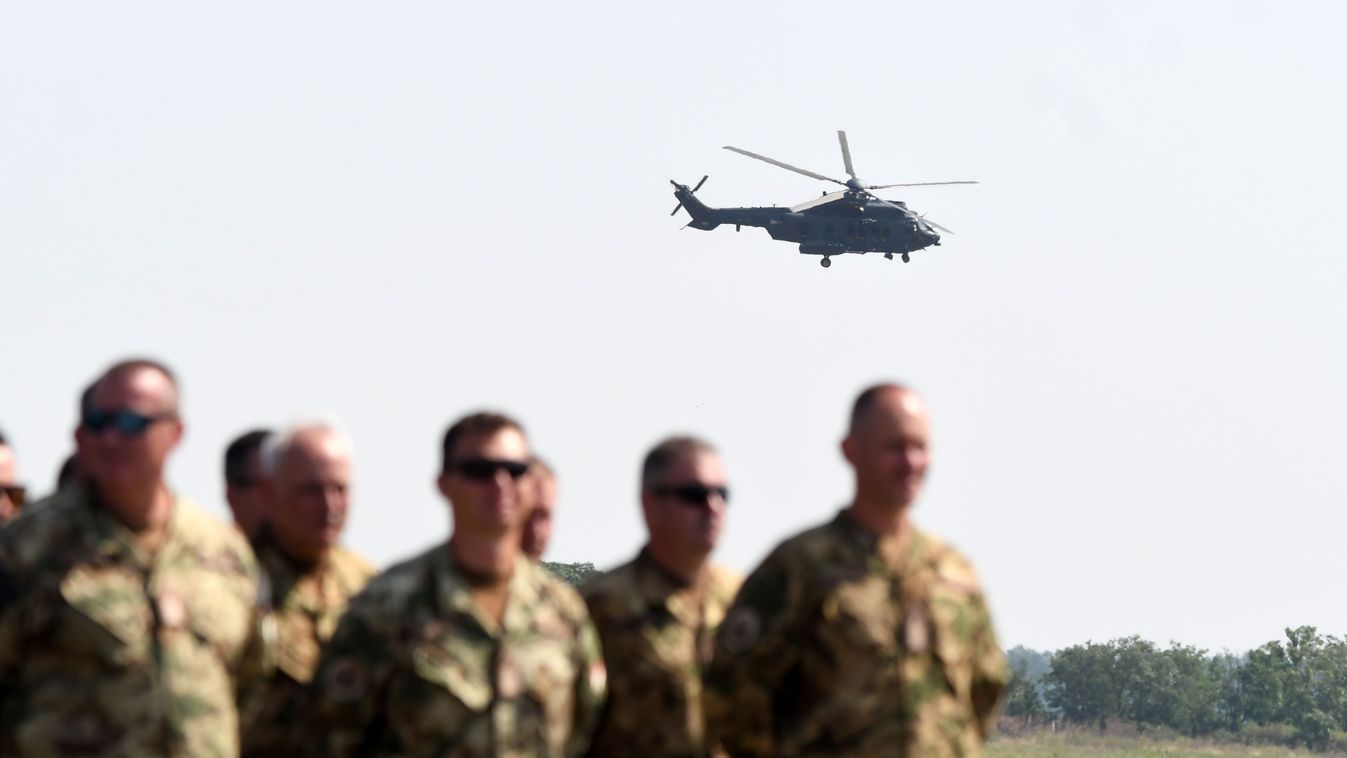


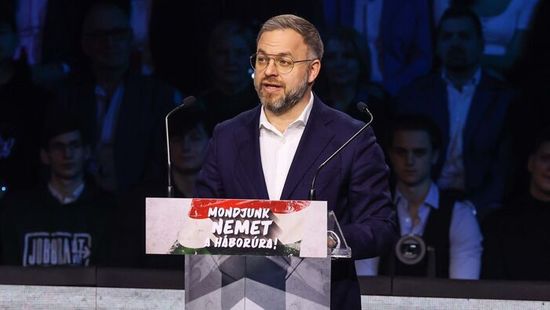


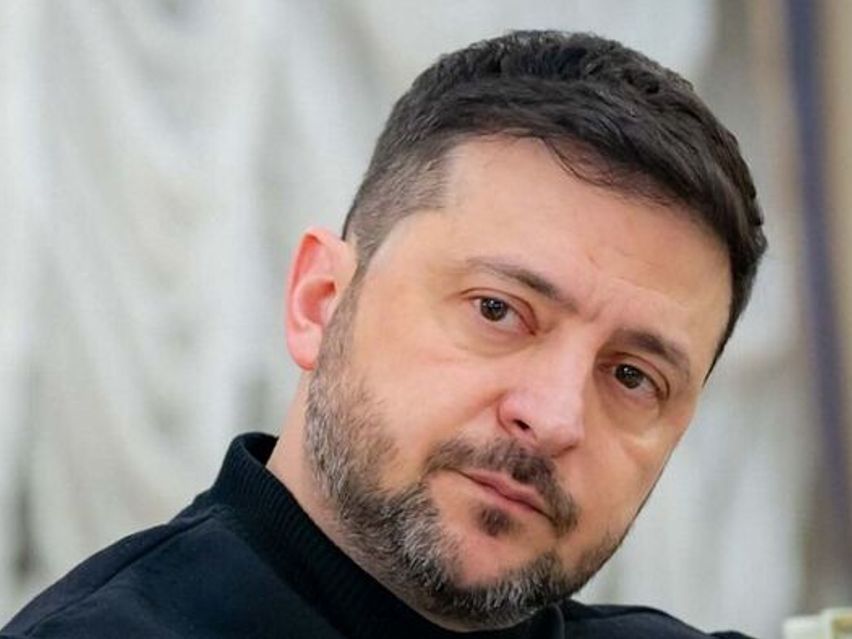


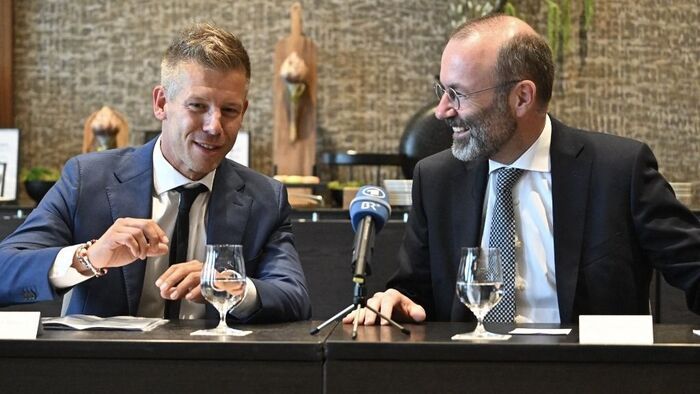

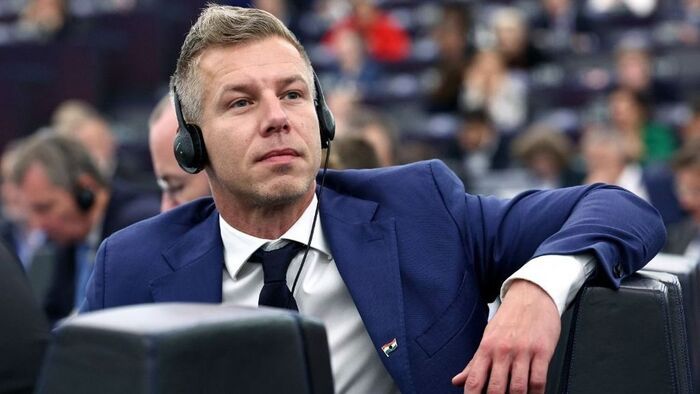

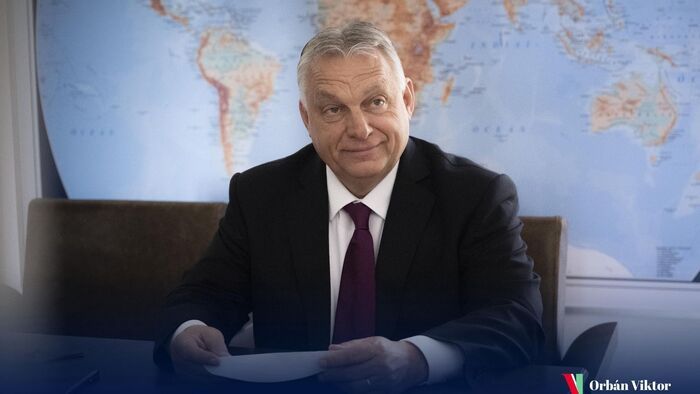
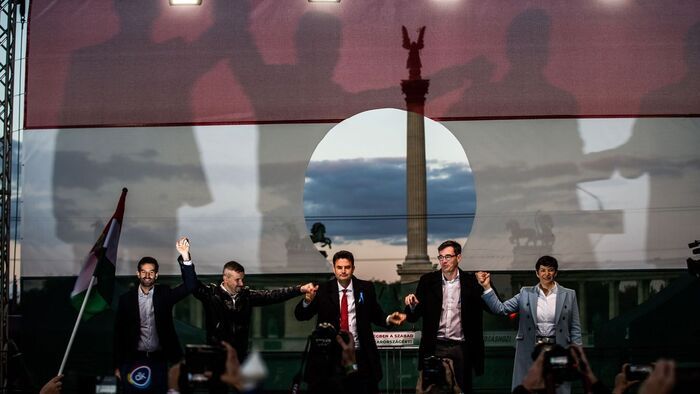
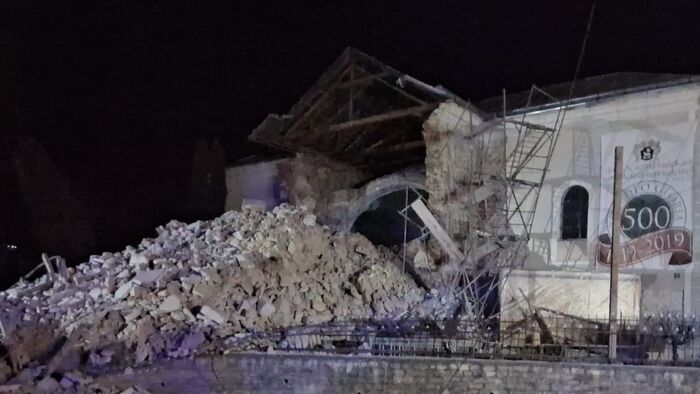
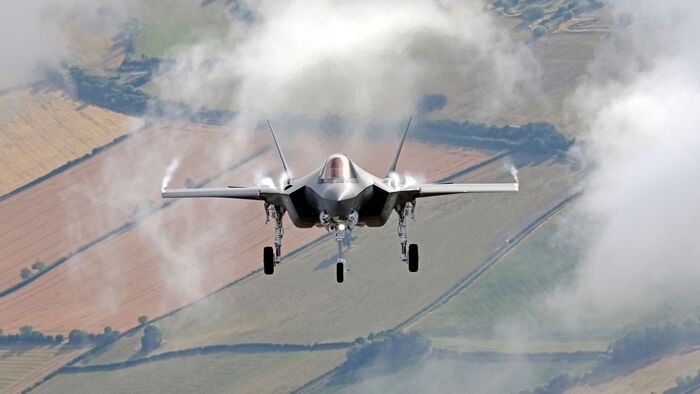
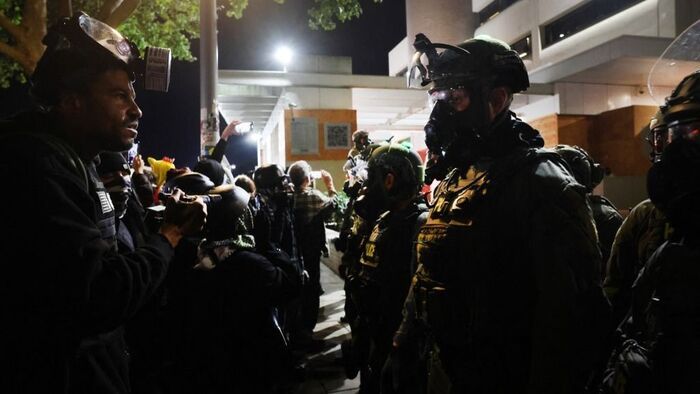
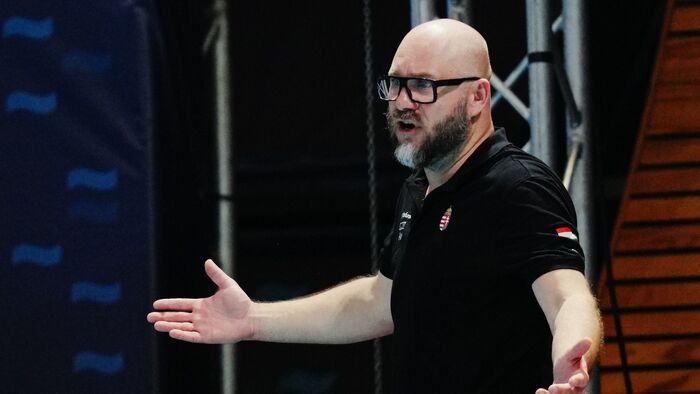

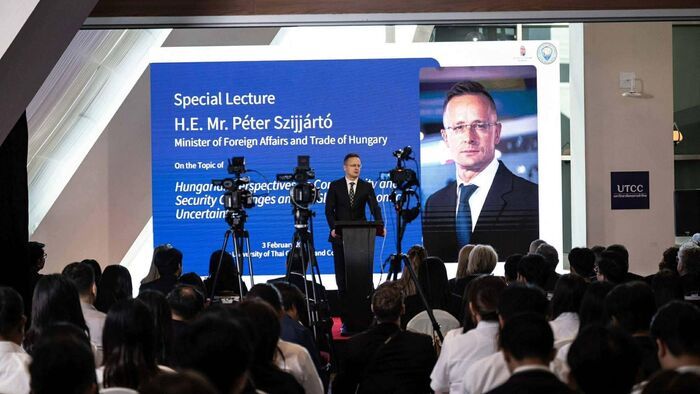

Szóljon hozzá!
Jelenleg csak a hozzászólások egy kis részét látja. Hozzászóláshoz és a további kommentek megtekintéséhez lépjen be, vagy regisztráljon!